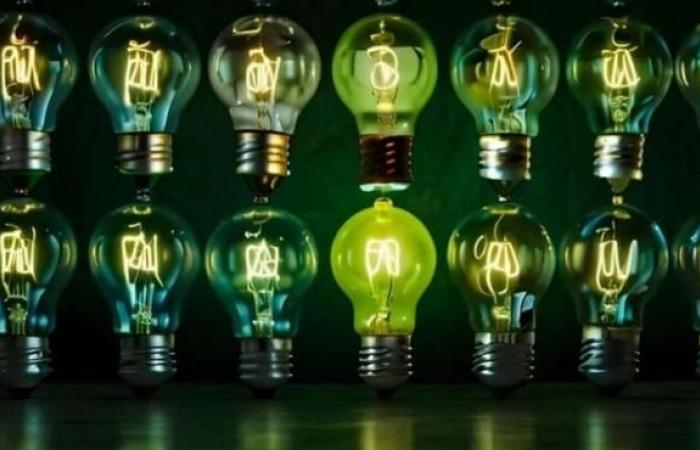The African Development Bank (AfDB) has approved a loan of 8.51 million euros for the Program to Promote Efficient Lighting Lamps in Senegal (PPLEEF), APA learned on Wednesday.
A unique initiative, the Program for the Promotion of Efficient Lighting Lamps (PPLEEF) aims to improve energy efficiency in Senegal. The project constitutes the AfDB’s first investment entirely dedicated to demand-side energy efficiency. It is expected to benefit nearly 700,000 households and 80,000 small businesses in the regions of Dakar, Thiès and Diourbel, located between western and central Senegal.
The program notably provides for the replacement of incandescent bulbs with modern LED lighting. This transition will enable significant energy savings, reduced electricity costs and reduced carbon emissions. An innovative on-bill financing model will allow consumers to gradually repay the cost of new lamps through savings on their energy bills.
“Senegal’s Program to Promote Efficient Lighting Lamps is an important step in Senegal’s national commitment to sustainable development and universal access to energy. This program will reduce demand and energy consumption during peak hours, and the on-bill financing approach will be used later to introduce more efficient appliances,” explained Jalel Chabchoub, Chief Energy Efficiency Officer. within the ADB.
“As the first phase of Senegal’s efficient lighting program, PPLEEF will pave the way for a more sustainable energy future, not only in Senegal, but also across Africa,” he added.
The program is also expected to delay the need for investment in new power plants by reducing energy consumption, particularly during periods of high demand. “This project will have a positive impact on the budgets of households and small businesses by reducing their energy bills,” underlined Ms. Mame Coumba Ndiaye, Director General of the Agency for the Economy and Energy Management ( AEME) from Senegal.
She specified that the program would also save more than 189 GWh of electricity each year, thus reducing the burden on the electricity network and facilitating improved access to energy for populations.
The AfDB, which has committed $6 billion to the energy sector in Africa between 2019 and 2024, continues to support innovative initiatives across the continent. PPLEEF is part of this dynamic, also supported by the “Mission 300” initiative, carried out jointly with the World Bank Group and other partners, to fill the energy access gap in Africa.






